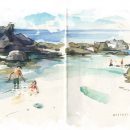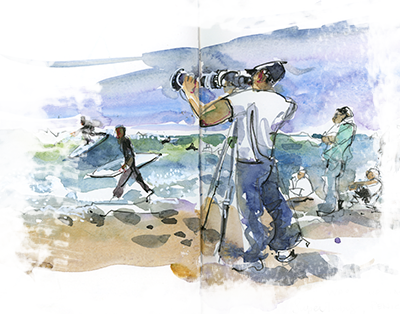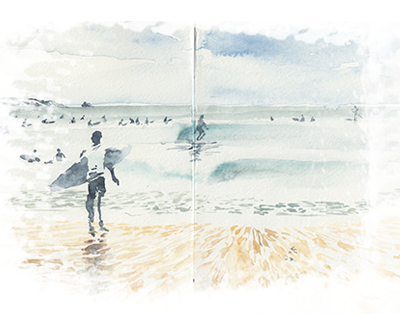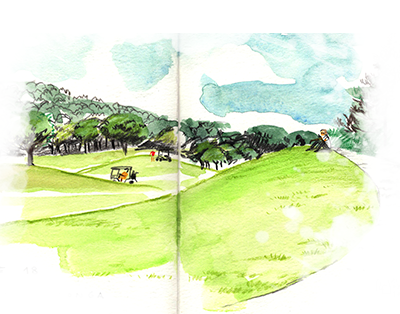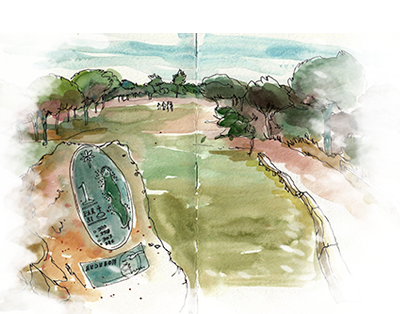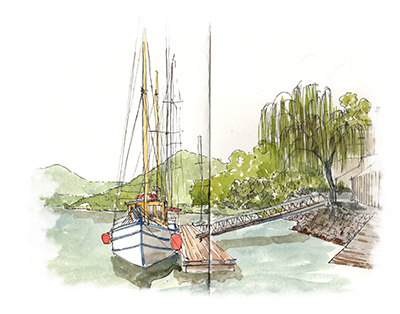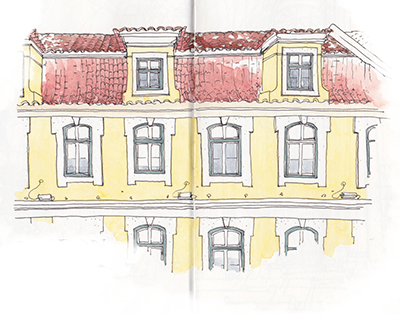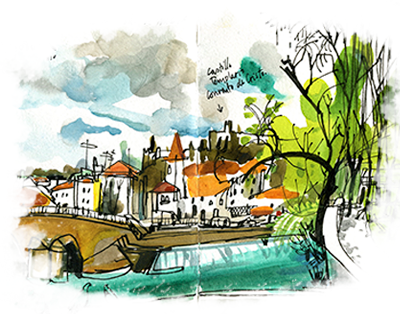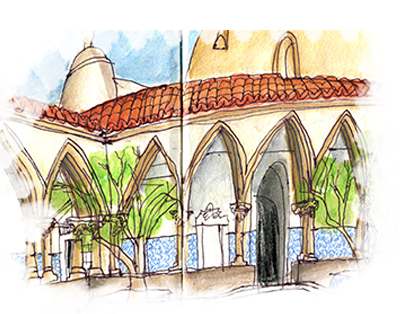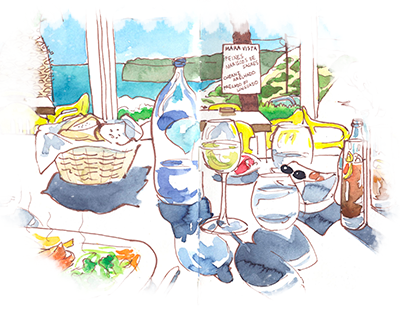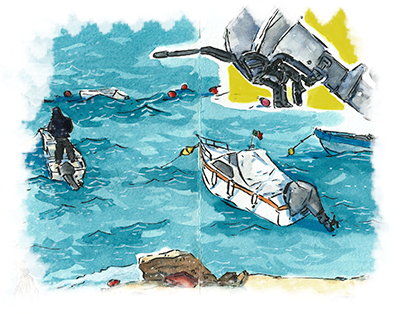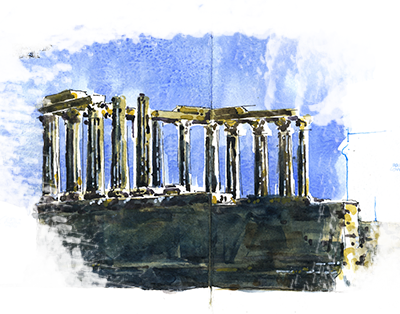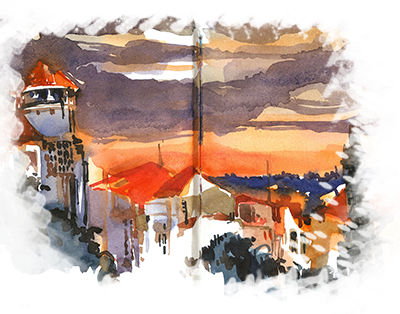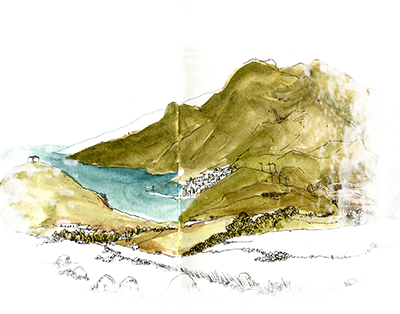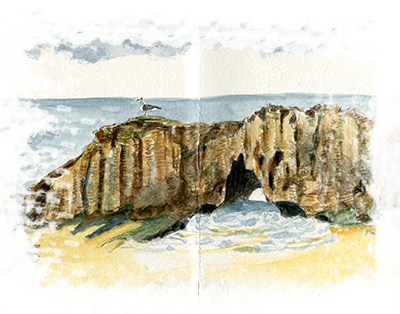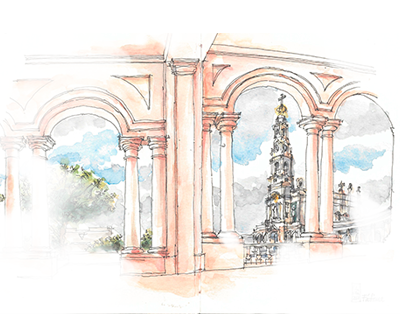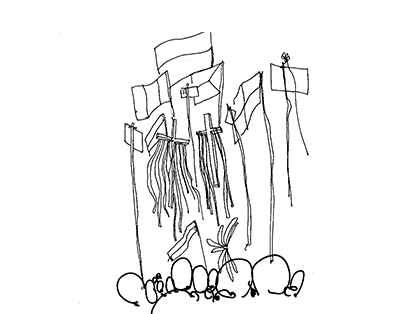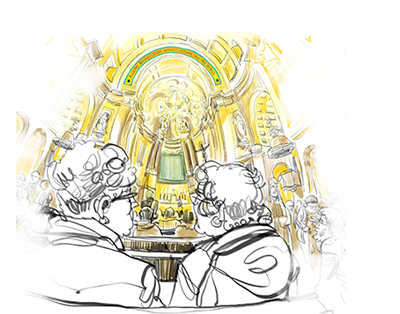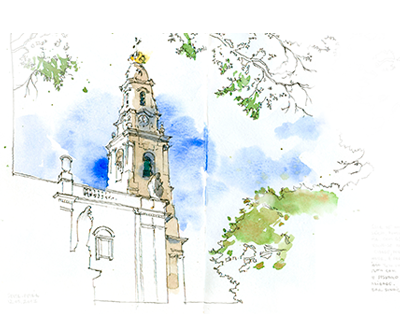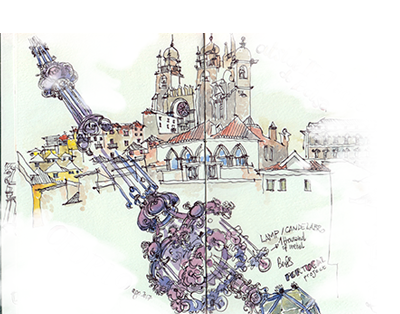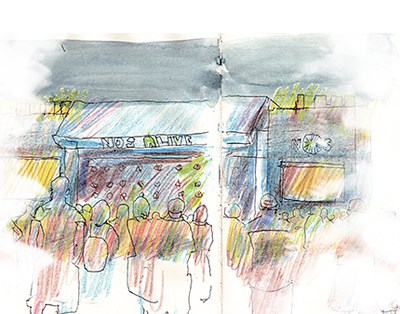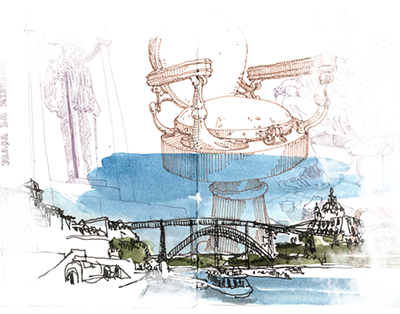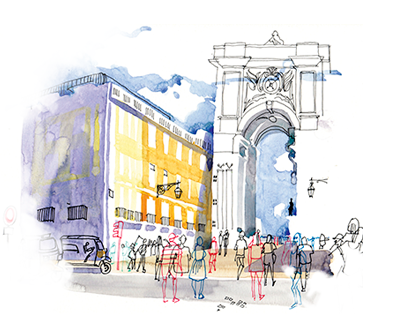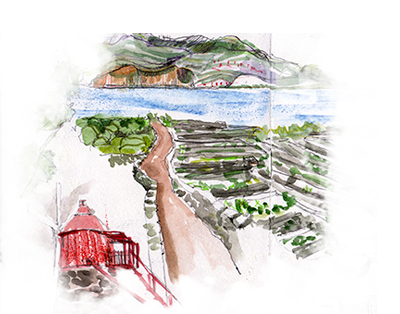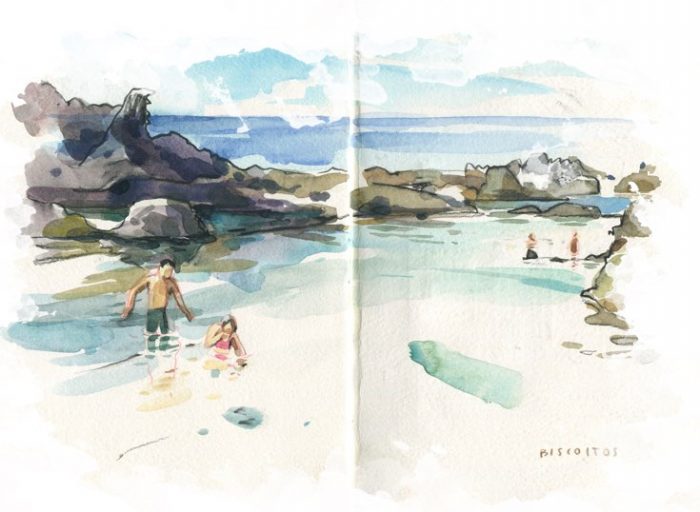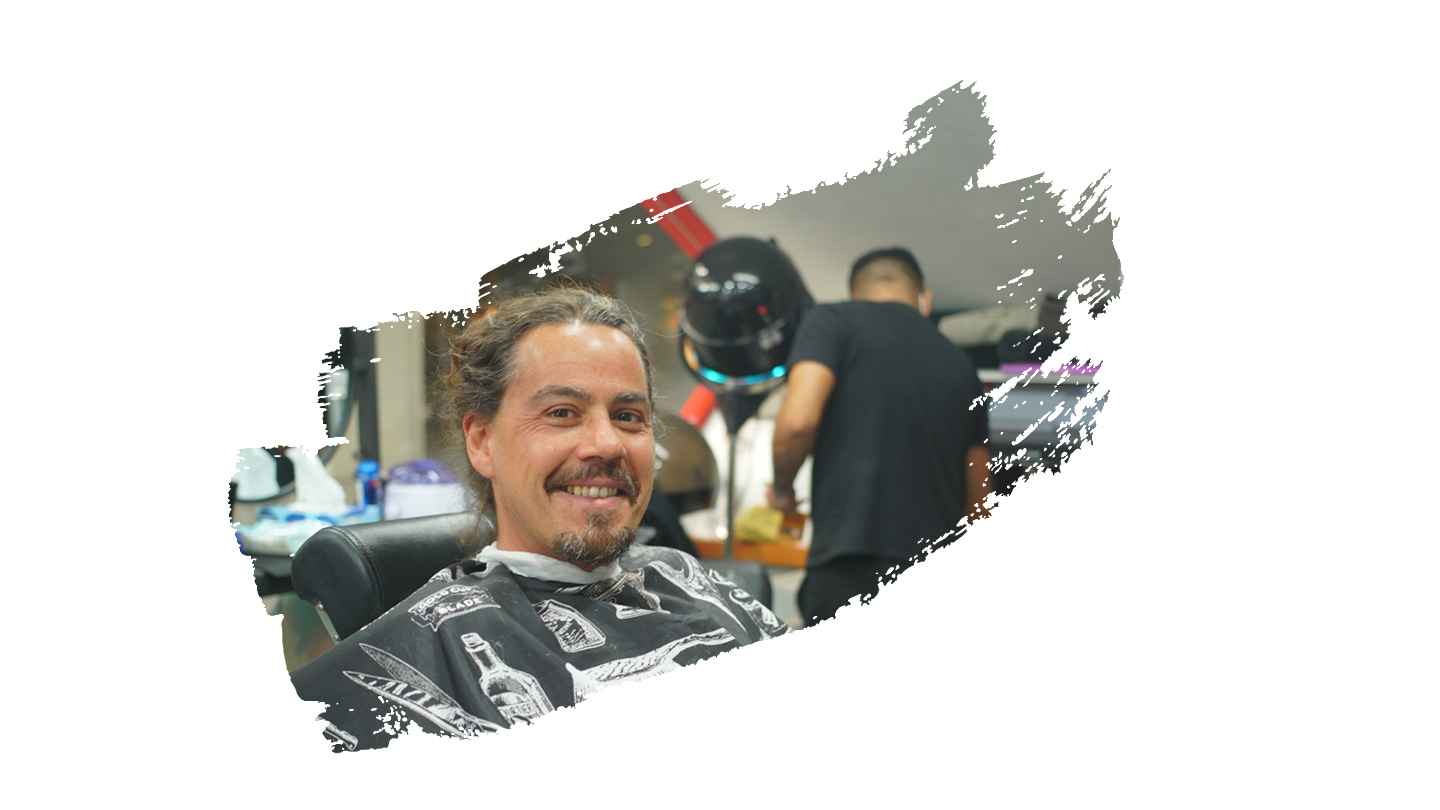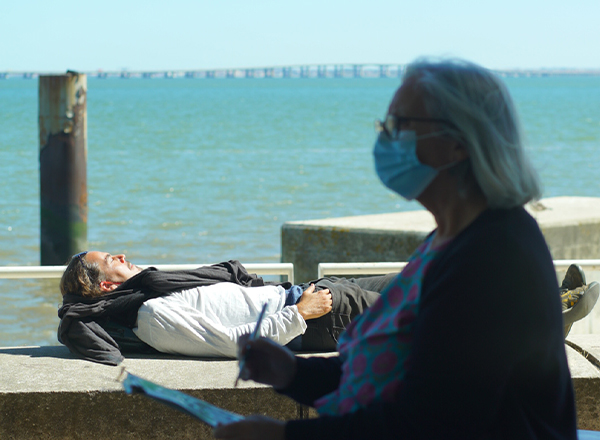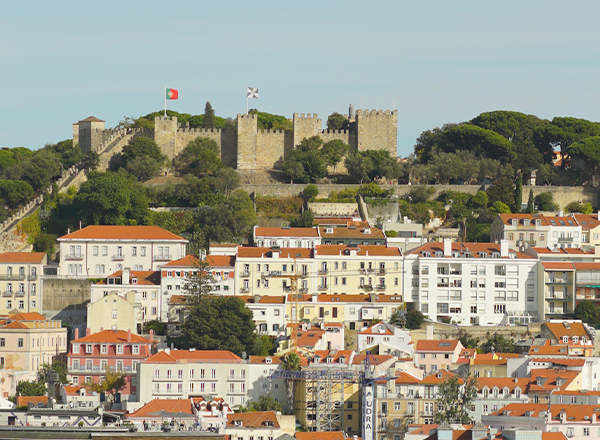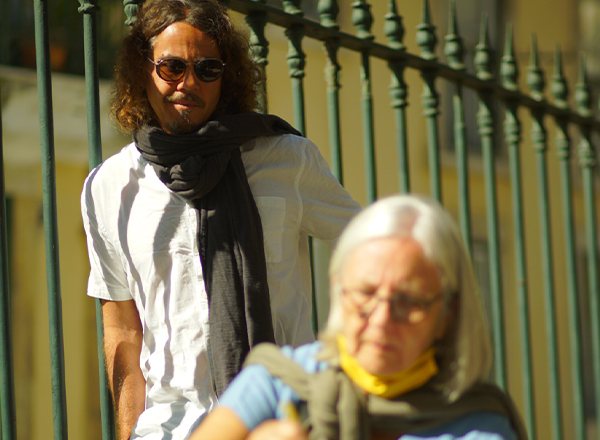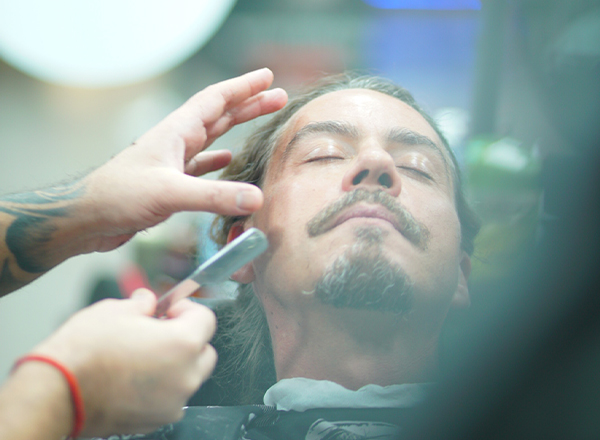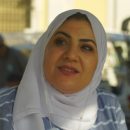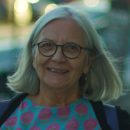Tiago Salazar, with a Lisbon soul and a heart in the rest of the world, accepted our challenge to rediscover his city.
He graduated in International Relations and studied script-writing and drama in London.
He is taking his doctorate at the Institute of Geography, where he is preparing a thesis on the subject of Ferreira de Castro’s “A Volta do Mundo”.
He has worked as a journalist since 1991, currently freelance.
He is a lecturer in Travel Writing and Literature. He conceived, wrote and presented the TV programme “Endereço Desconhecido” (“Address Unknown”) for RTP2.
This is still (and always) Lisbon, since the days of Alis Ubbo; a pleasant bay, delightful haunt, and universal market for more than two thousand years.
So here I am, having already taken a siesta on a soft lawn in front of Campo das Cebolas near Casa dos Bicos, the square which today is named for José Saramago from Ribatejo, winner of the only Nobel Prize for Literature in the Portuguese language. I refresh my throat with a mint-sprinkled lemonade and imagine the flight of Bartolomeu de Gusmão’s airship at the Terreiro do Paço, on the other side of Rua da Alfândega. Speaking of lemons, there are people in Lisbon who don’t know the history behind Limoeiro Square (or behind most things written on the palimpsest that is an ancient city), on the right side of the ascent to the Sé (or Santa Maria Maior, or Cathedral), today the Centre for Judicial Studies. A royal residence (paço) alongside São Martinho, a palace ordered to be built by King Ferdinand I in 1367, in a location bordering the Church of St Martin (demolished in 1838), hence the name Paço a-par-de-São Martinho. This site saw the death of Count Andeiro at the hands of the future King John I in 1383, who kept the building as a royal residence. Perhaps a fig tree seed brought from Terra Brasilis in Pedro Álvares Cabral’s pocket sprouted there.
Making a living as a guide/writer/storyteller means knowing things like that.
While I procrastinate, I recount oral histories to earn a living and put food on the table.
What surprised you on this journey?
The never-ending wealth of Lisbon's nuances, which are anything but ordinary.
Tell us something you saw that you had never seen before.
The cordiality of policemen when parking a vehicle driven by a national tourism ambassador. In this case, in the very poorly resourced city of Lisbon.
If you had to tell a child about your journey, what would you say?
Never allow yourself to be demeaned by the greatness of the country where you were born.
What was the greatest challenge in this experience? And the greatest reward?
The invitation to be among great prose writers, whether or not it was my first choice.




